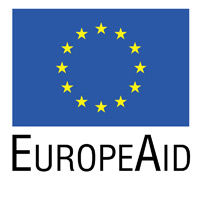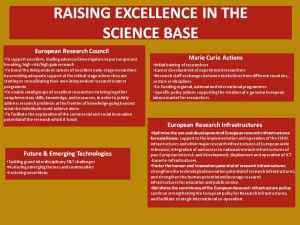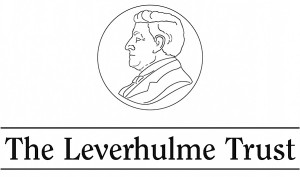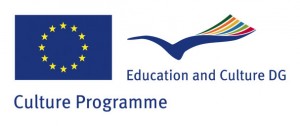 JISC have recently announced a funding opportunity “Embedding impact analysis good practice in research, using BCE practitioners”.
JISC have recently announced a funding opportunity “Embedding impact analysis good practice in research, using BCE practitioners”.
This Call is designed to encourage skills sharing between researchers, engagement practitioners and information management specialists. It is aimed at research groups looking to bring in external expertise and support to help them develop improved capability and process to analyse the benefits and impact of their research, in order to enhance their impact and sustainability.
The work, which will be facilitated by the National Co-ordinating Centre for Public Engagement (NCCPE), focuses on the highly topical area of research impact. It invites people to register online to form partnerships to synthesise and share learning about how to embed technology-enabled good practice in impact analysis in research groups, using the expertise of Business and Community Engagement staff.
For any queries please contact David Owen.
The deadline for receipt of proposals is 31 October 2011. Call details can be found here.
 Dr Martin Pickard is coming to BU on 23rd and 24th November 2011 to deliver interactive workshops on the preparation of research council applications.
Dr Martin Pickard is coming to BU on 23rd and 24th November 2011 to deliver interactive workshops on the preparation of research council applications. 
 BU is participating in the EU funded
BU is participating in the EU funded 










 Richard Brooks and Katherine Timms, Officers from CRE Operations, recently attended a training session called Total Proposal run by Aron Cronin, director of GIC limited. GIC limited is an international management and business consultancy specialising in business development and training services.
Richard Brooks and Katherine Timms, Officers from CRE Operations, recently attended a training session called Total Proposal run by Aron Cronin, director of GIC limited. GIC limited is an international management and business consultancy specialising in business development and training services. 


 The Leverhulme Trust has funding available for research programme grants. This funding is for projects of up to five years duration and overarching projects should address a central theme of significance through the undertaking of a series of distinctive sub-projects. The 2012 competition themes are:
The Leverhulme Trust has funding available for research programme grants. This funding is for projects of up to five years duration and overarching projects should address a central theme of significance through the undertaking of a series of distinctive sub-projects. The 2012 competition themes are:














 Conversation article: London Marathon – how visually impaired people run
Conversation article: London Marathon – how visually impaired people run Horizon Europe News – December 2023
Horizon Europe News – December 2023